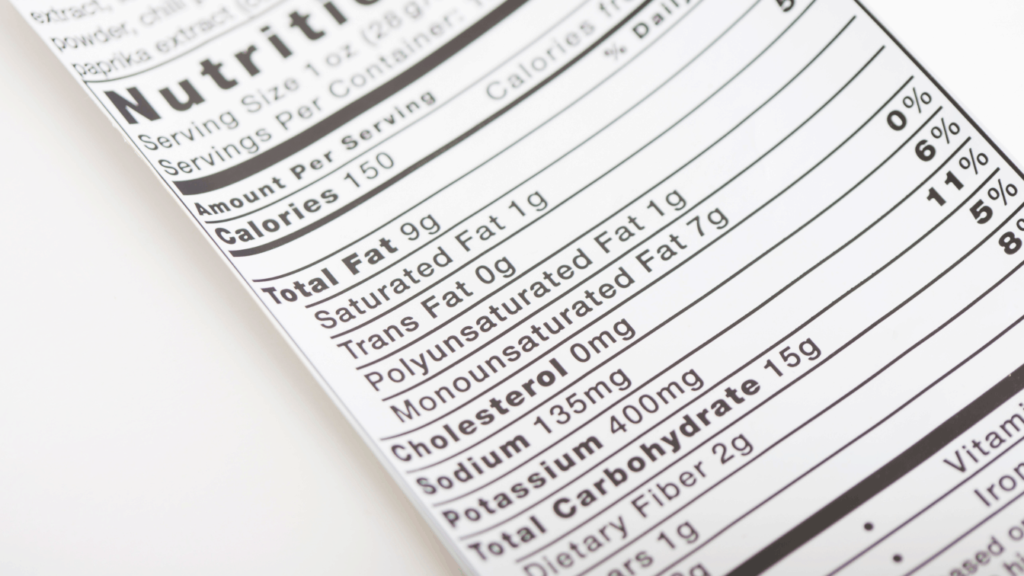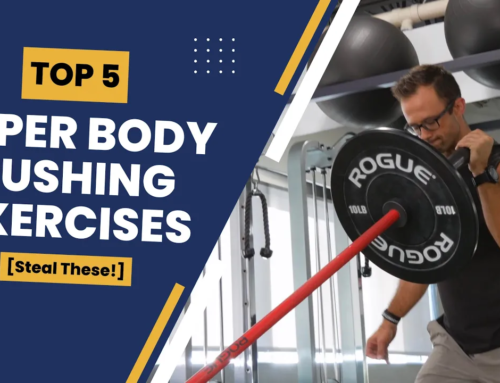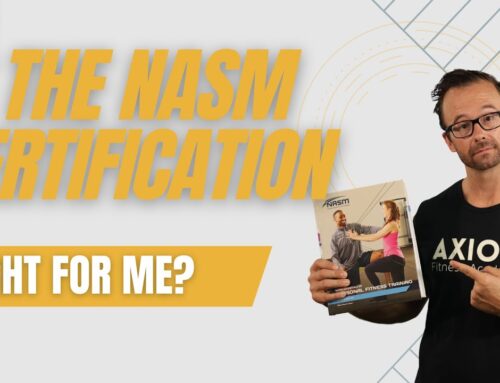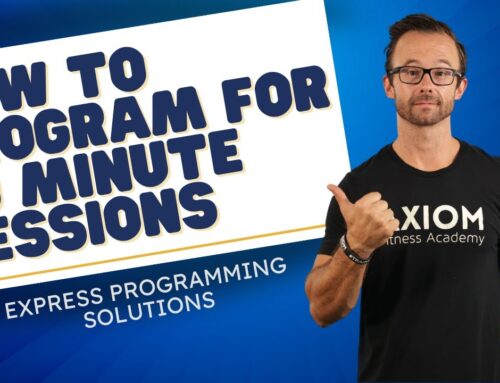In the old days, people that wanted to lose weight knew their first step should be to go see a personal trainer. It made sense because everyone knew that the key to dropping those extra pounds was to start exercising.
Personal trainers ruled the day. Exercise was king and it was all about calories. Even though dieting was popular, changing one’s nutrition wasn’t thought of as an absolute necessity to drop that 5-10lbs that was gained over the last couple months.
While there were dieticians back then, most people didn’t really know what they did, and the average person just thought they helped people that “were sick” or needed “serious weight loss.”
Things are different today, though.
The Real Question
Thanks to science and better education, most of society realizes that nutrition is the single biggest factor to successfully losing weight (and keeping it off). Love it or not, the science shows that you don’t even need to exercise to start dropping those unwanted pounds.
That doesn’t mean exercise isn’t important, though. Exercise not only increases the speed of weight loss, but it also strengthens the body, improves daily function, and is key in most peoples’ goal of looking better naked (you know it’s true).
It’s obvious that nutrition and exercise are both important. So, they should be seen as complementary as opposed to rivals when it comes to which one should be focused on. You could consider them a 1-2 punch when it comes to making lasting change to the body.
If personal trainers are the first call when it comes to helping clients lose weight, then it only makes sense that they need to know about and coach their clients on nutrition. The real question is “how much do they need to know to be successful?”
The Answer
Since basic nutrition knowledge and bioenergetics is included in every personal training textbook and certification, it’s pretty clear that trainers need a base level understanding, at minimum. However, the real amount of nutrition knowledge needed for any trainer really comes down to their work environment and their career goals.
Trainers that work in performance or athletic settings won’t likely need to be as educated about nutrition. That’s because these types of facilities or organizations often have dedicated dieticians or nutritionists that handle that aspect of coaching for clients or athletes. However, that doesn’t mean they shouldn’t bother to increase their nutrition knowledge since they may decide to start their own business someday or work in a facility that doesn’t have dedicated nutrition coaches.
On the other hand, trainers that work in big box gyms, private studios, or run their own independent businesses won’t likely have the luxury of depending on anyone else to coach their clients on nutrition and stand to gain quite a bit from learning the ins and outs of nutritional science and habit coaching. In fact, those that are capable of assisting their clients with improving their nutritional habits can take on more clients, get them better results, and keep them longer. Not to mention, these trainers are able to charge more money for their time or offer more services, such as nutrition coaching for clients that desire weight loss but aren’t interested in exercise.
How A Personal Trainer Can Learn To Coach Nutrition
There’s 3 main ways for personal trainers to learn more about the science of nutrition and develop the skills needed to coach clients into creating better habits that result in lasting results:
1) Take college classes to complete a major or minor in nutrition science or dietetics. This one is the most well-known route and will undoubtedly provide a student with more than enough information to firmly grasp the intricacies of nutrition. Additionally, those that go this route may even learn more about how to treat and prevent disease with nutrition. And, if you want to become a registered dietician (RD), then this is the only way to do it. Unfortunately, this route is very expensive and takes a lot of time.
2) Spend time reading books, learning online, and experimenting in person with different nutritional approaches to gain a better understanding. While a cost-effective way of going about it, the biggest challenge is sifting through all the misinformation in the diet/nutrition world to find out what’s real and what’s just hype. That means you’ll spend a lot of time learning and possibly relearning to ensure that you’re giving your clients coaching based on factual information.
3) Get a certification from a credible organization. Similar to getting certified as a personal trainer, many recognized health and fitness organizations now offer certifications for nutrition coaching. One benefit of these certifications is that they narrow down the information to make sure you’re only learning info that’s relevant to working with clients or athletes. Additionally, you’re likely to get some training in motivational interviewing and habit change techniques, which are two key aspects of getting clients to make the changes needed for success and it won’t take nearly as long as a formal college education.
If you’re a personal trainer or fitness professional that works with (or plans to) train a variety of clients, then you’ll definitely want to make learning about nutrition a priority.


